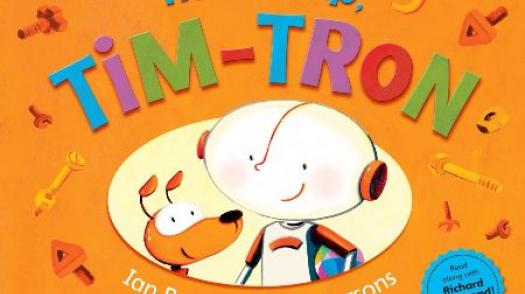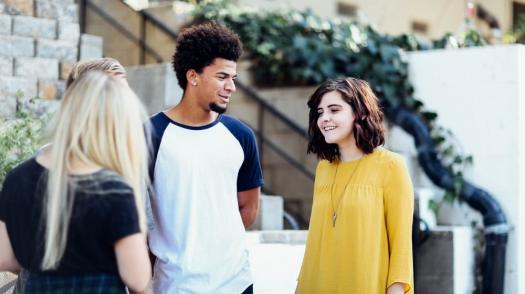
Books on brain injury
Our series of free books and resources aimed at children and families (P&P costs only).
Riding isn’t just fun there are many physical and social benefits. Riding for the Disabled Association coach, Sarah, and specialist occupational therapist, Ruth, explain.

Published: 21/10/2019
Children and young people with acquired brain injury (ABI) at The Children’s Trust (TCT) go on weekly riding sessions as part of their rehabilitation.
“There are many mental and physical benefits from the rides and we really love having the children and seeing their progress”, said Sarah at Riding for the Disabled (RDA) Epsom, which provides pony riding facilities for children with disabilities. Riding helps strengthen muscles, improves balance and sensory perception. Riding sessions at RDA Epsom are run by an experienced and qualified session leader and their team.
The environment at the stables helps increase self-esteem through celebrating self-achievement and receiving support from peers. Children build bonds with their favourite ponies and friendships are grown with members of the RDA community.
Sarah explained the benefits of riding for children with brain injury: “When children and young people with acquired brain injury start riding sometimes they can’t hold the reins or control their pony. But over their riding sessions they can progress to being able to stop the pony, steer them and even manage to trot by the end.” Riding can also help improve speech and language as the children are encouraged to use their voices to talk to and give commands to the ponies.
Sarah said: “It’s very rewarding when children progress from being so nervous around the ponies to actually wanting to give them a hug at the end of their ride.”
Ruth, a specialist occupational therapist from TCT, takes the children to their riding sessions. She sees the RDA Epsom help the children work on their goals by practising lots of skills:
Ruth sees an increase in confidence in children both in riding ability and interacting with their peers. Ruth said: “For children who find their therapy sessions difficult the stables provide a motivating and engaging environment for them to work towards many of their goals.”
Some children have never been near a pony before so are naturally apprehensive but they usually overcome their fears and enjoy their riding experience. Some children may have ridden before they acquired a brain injury but it can still be a huge challenge to feel comfortable in the saddle again. “It can be really motivating for them to do an activity that they are familiar with and love,” said Sarah.
The children and young people help care for the horses. This gives them the responsibility of looking after someone else in a way that, for many of them, they may not have been able to do since they acquired a brain injury.
Ruth said: “The visits to the stables provide a range of opportunities that children and young people with varying abilities can engage in. As well as riding and caring for the horses there are all the sensory experiences (the smells and feels of the horses, foods and equipment).”
Watch Ruth talking about the benefits of riding rehabilitation at RDA Epsom and see Ethan and Nieve from TCT enjoying their riding session:

Our series of free books and resources aimed at children and families (P&P costs only).
Read our guide to the therapies after brain injury.

Ethan had brain injury rehabilitation after a brain tumour in 2014 and returned for further residential rehabilitation in 2019. Mum Tina talks about Ethan’s therapy, school and friendships.